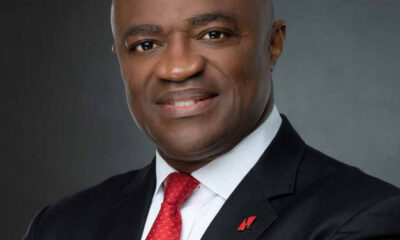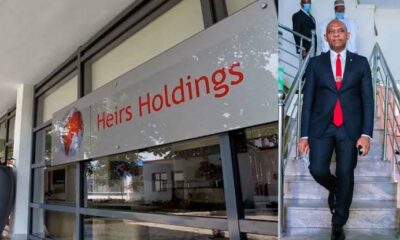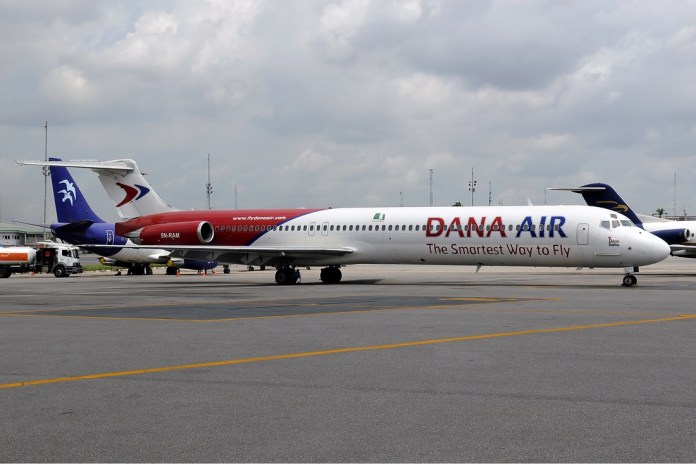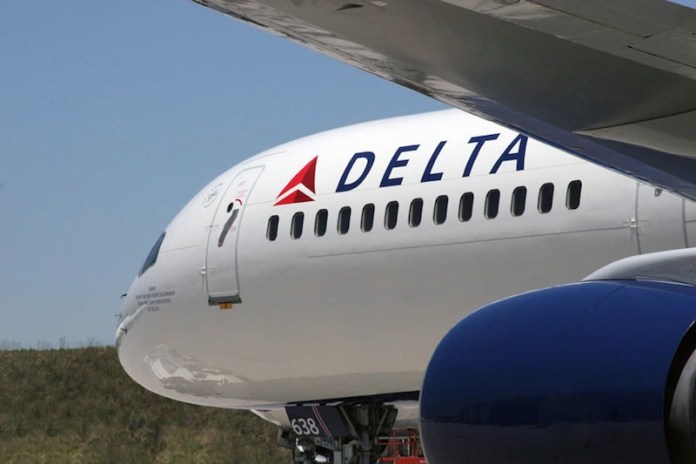The Tony Elumelu Foundation (TEF) has announced that it will close the application for this year’s Tony Elumelu Entrepreneurship Programme on its TEFConnect digital platform on March 31.
It said the application is open to all African entrepreneurs with business ideas from across all the 54 African countries for both new start-ups and existing young businesses, operating in any sector and would be used to empower 3,500 young African entrepreneurs in collaboration with global partners.
The TEF requested that all prospective applicants should apply on the digital networking hub for African entrepreneurs, www.tefconnect.com.
It also announced that this year’s intervention would prioritise the economic recovery of Small and Medium Enterprises (SMEs) and young African entrepreneurs, following the COVID-19 disruption to economic activities.
Also, successful applicants would receive a world-class business training, mentorship, non-refundable seed capital up to $5,000, and global networking opportunities.
The Director of Partnership and Communications at the TEF, Ms. Somachi Chris-Asoluka, said: “Africa is growing, and active youth population must take advantage of this opportunity and apply for the programme before March 31, as their full participation will create a pathway to economic prosperity.
“This year, we have the capacity to empower more African entrepreneurs than ever, further ensuring that they have adequate training, funding and mentorship to boost their performance.
“It is time for young African entrepreneurs to embrace this much-needed support system to enable thriving and sustainable economic activity. We believe we will continue to see exponential change in sectors across the continent.”
The TEF’s $100 million entrepreneurship programme, which was launched in 2015, to empower 10,000 entrepreneurs within 10 years, is now entering its seventh year and has empowered more than 9,000 young African entrepreneurs from 54 African countries.
The Head of Marketing and Corporate Communication of the TEF, Ms. Nkem Onwudiwe, said the major objective of the TEF is to, “empower women and men across our continent, catalyse economic growth and drive poverty eradication through job creation.”
She added: “Based on our founder’s philosophy of Africapitalism, we believe that the private sector’s role, especially that of young entrepreneurs, is critical for Africa’s development and in fulfillment of this responsibility the private sector must create both economic and social wealth.”
The Communication Manager of the TEF, Mr. Kaside Anosike, also added that the ETF is committed to the sustainability of the entrepreneurs in their respective businesses.
“We do not only identify and train entrepreneurs; we also care for their welfare. We check up on them to make sure that they are doing well,” he said.

 Forex3 weeks ago
Forex3 weeks ago


 Naira2 weeks ago
Naira2 weeks ago
 Billionaire Watch2 weeks ago
Billionaire Watch2 weeks ago




 Naira2 weeks ago
Naira2 weeks ago




 Naira2 weeks ago
Naira2 weeks ago




 Naira1 week ago
Naira1 week ago




 Naira3 weeks ago
Naira3 weeks ago




 Naira4 weeks ago
Naira4 weeks ago


















